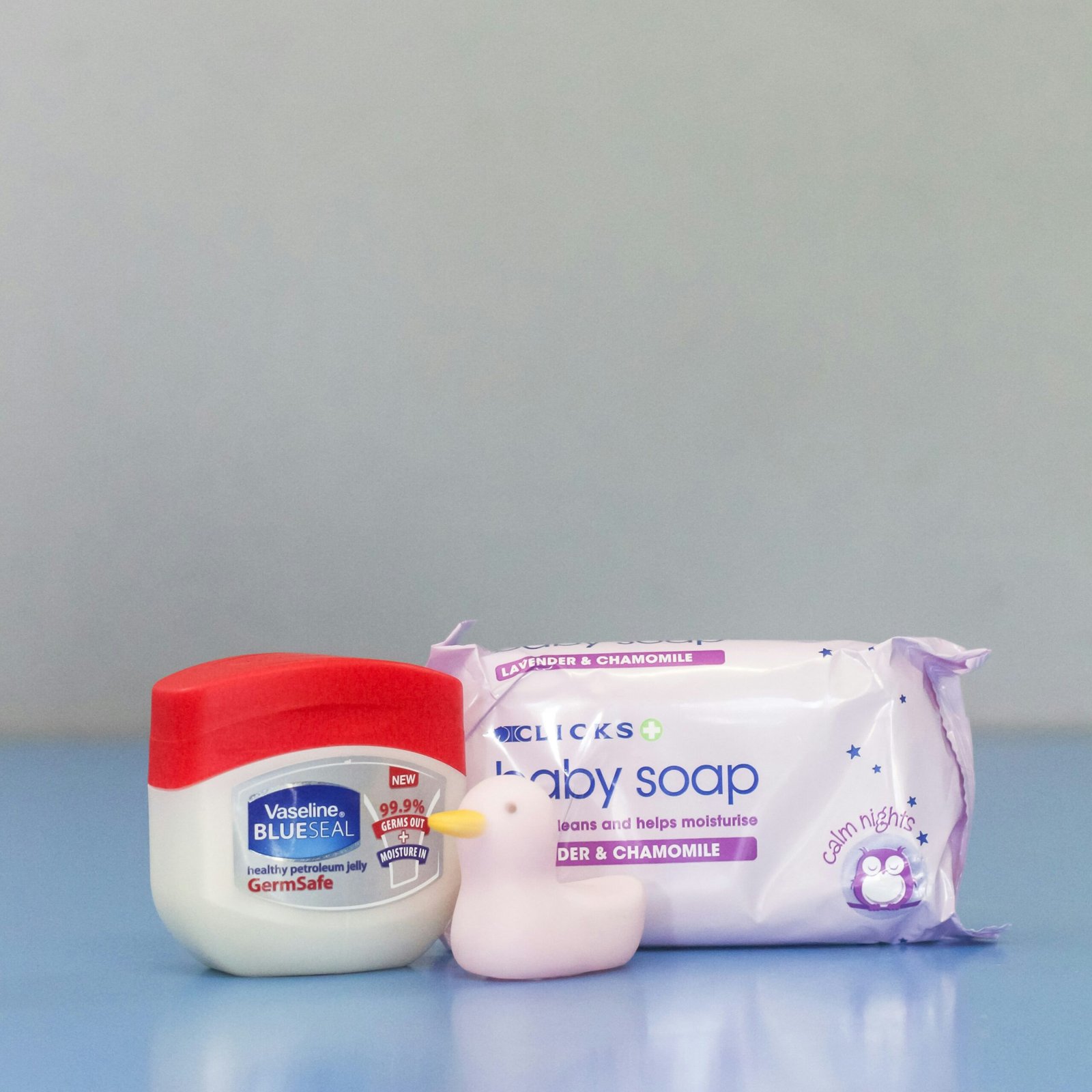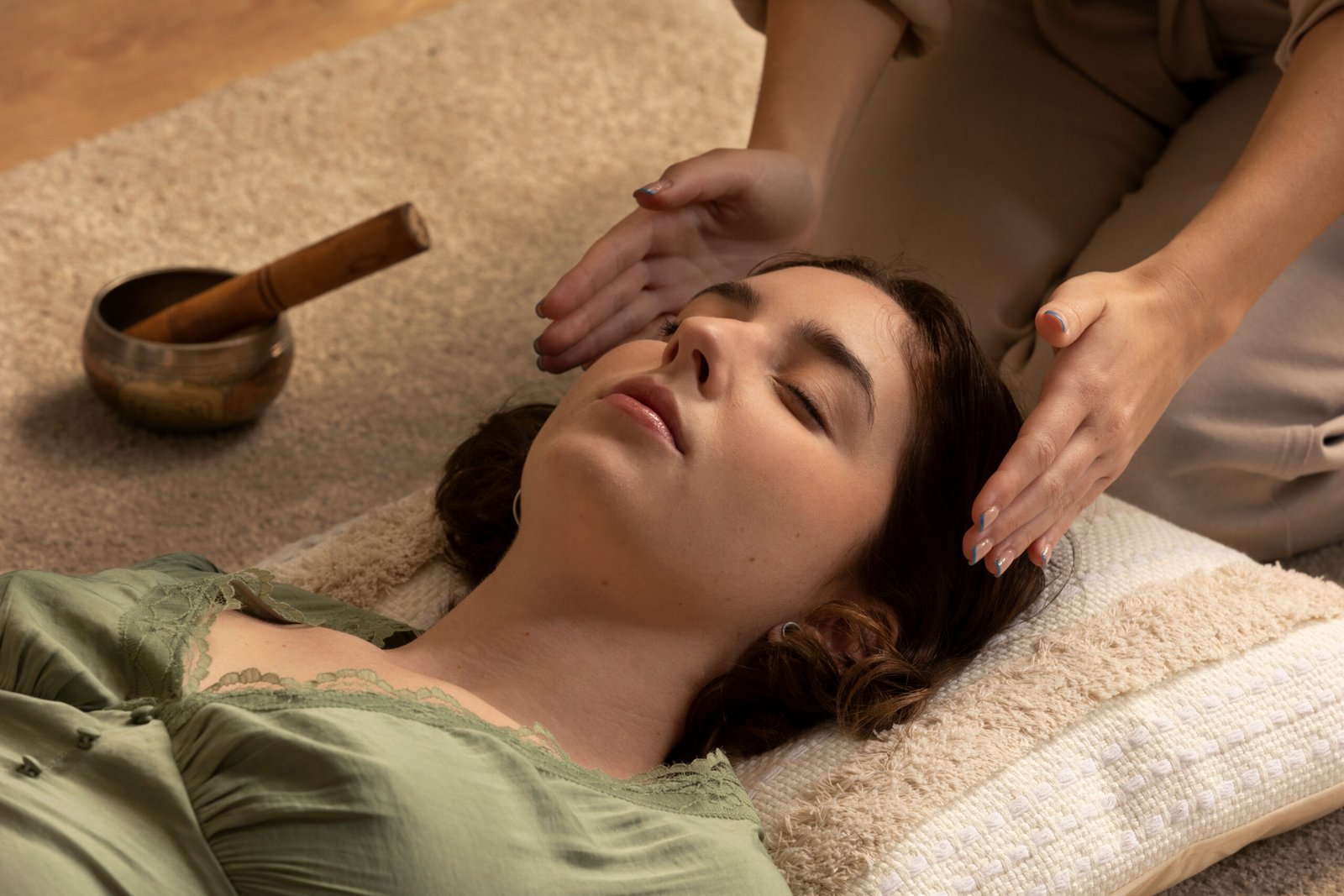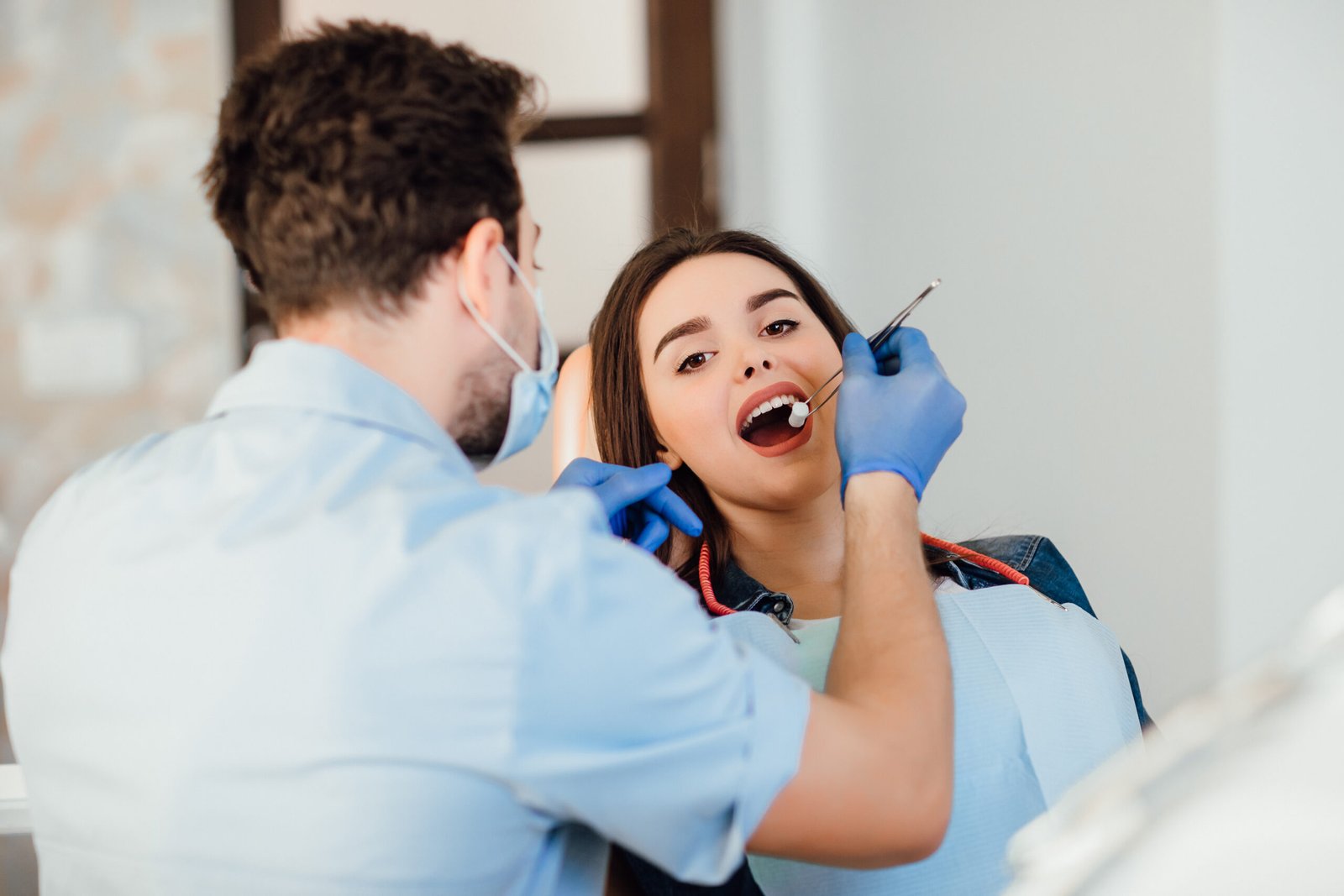Oral care is an essential aspect of overall health, yet unexpected accidents may disrupt our routines. Many people wonder, what happens if you swallow mouthwash after an accidental rinse, or feel alarmed when electric toothbrush not working during their morning routine. Equally concerning is the accidental ingestion of dental pieces when asking, what happen if you swallow a tooth.
This article explores these scenarios in depth, offering guidance on prevention, diagnosis, and appropriate responses. Throughout, we will revisit the questions what happens if you swallow mouthwash, electric toothbrush not working, and what happen if you swallow a tooth to provide clarity and assurance.
The Risks of Ingesting Mouthwash
Mouthwash is formulated to freshen breath and eliminate bacteria, yet it is not intended for swallowing. When you ask yourself, what happen if you swallow mouthwash, the answer depends on the amount ingested. In small doses, the body usually handles the chemicals without major issues.
However, larger amounts can result in nausea, vomiting, and even alcohol poisoning in cases where the rinse contains high levels of alcohol. It is crucial to follow the instructions provided on the label and keep the product out of reach of children. Medical help should be sought immediately if significant ingestion occurs and severe symptoms develop. Remember, knowing what happens if you swallow mouthwash is vital for preventing potentially dangerous complications.
Troubleshooting Electric Toothbrush Issues
When your device fails and you think, electric toothbrush not working, it can disrupt your daily dental care routine. Often, the issue is simple: a low battery, a faulty charging connection, or accumulated debris preventing proper function. Many users ask, what happens if you swallow mouthwash and then wonder if the same principles apply to handling their gadgets, but unlike ingestion, an electric toothbrush not working is typically fixable with routine maintenance.
If cleaning and recharging do not resolve the problem, consult the manufacturer or consider replacing the device. Regular upkeep and awareness of your device’s condition can prevent the frustration associated with an electric toothbrush not working.
Accidental Tooth Ingestion: Assessing the Situation
Accidentally swallowing a tooth is more common than many believe. Frequently, individuals ask, what happen if you swallow a tooth and worry about severe internal damage. In most cases, the swallowed tooth passes through the digestive system without issue. However, if the tooth is large or has sharp edges, it might cause irritation or even a blockage.
Parents often wonder, what happen if you swallow a tooth when their child loses a baby tooth, and while the risk is generally minimal, it is wise to monitor for any abdominal pain or discomfort. Should symptoms arise, it is important to consult a healthcare professional immediately. Understanding exactly what happen if you swallow a tooth helps ease the worry that often accompanies this unexpected event.
Preventive Measures and Practical Advice
Adopting preventive measures can significantly reduce the risk of these oral care mishaps. Always use mouthwash as directed, ensuring that you do not exceed the recommended amount. For those asking, what happens if you swallow mouthwash, remember that moderation is key.
Similarly, routine maintenance of your electric toothbrush can prevent scenarios where electric toothbrush not working disrupts your hygiene routine. Finally, be cautious with dental care, especially during dental procedures or when children are involved, as questions like what happen if you swallow a tooth are not uncommon. Following these steps helps maintain safety and continuity in your daily routine.
Understanding the Chemical Composition of Mouthwash
The ingredients in mouthwash are carefully selected for their antibacterial and cleansing properties. Common components include alcohol, fluoride, and essential oils. These ingredients are effective at reducing oral bacteria and plaque when used as directed.
However, if swallowed in large amounts, these chemicals may irritate the gastrointestinal tract or lead to alcohol poisoning, particularly in children. Understanding what happens if you swallow mouthwash requires awareness of these ingredients and their potential risks. Always read labels carefully and adhere to usage guidelines.
Debunking Myths About Swallowing a Tooth
There are many myths and misconceptions about what happens if you swallow a tooth. One common myth is that a swallowed tooth will cause severe internal damage. In reality, most swallowed teeth pass through the digestive system without causing harm. The smooth, hard nature of a tooth typically means it will not stick or cause significant injury.
However, caution is advised if the tooth is unusually large or jagged. By debunking these myths, we can reduce unnecessary panic and encourage calm, rational responses when faced with accidental tooth ingestion.
When to Seek Professional Help
While many oral care mishaps can be managed at home, there are clear indicators that professional help is needed. If you experience severe symptoms after swallowing mouthwash such as prolonged vomiting, confusion, or difficulty breathing—immediate medical attention is essential.
Similarly, if your electric toothbrush continues not working despite troubleshooting efforts, consulting customer support or a professional technician can prevent further complications. For accidental tooth swallowing, persistent abdominal pain, bleeding, or signs of infection warrant a prompt visit to a healthcare provider. Knowing when to seek professional help is crucial in ensuring your safety and long-term oral health.
Conclusion
Accidents in oral care, whether it is asking what happens if you swallow mouthwash, dealing with an electric toothbrush not working, or wondering what happen if you swallow a tooth, can cause significant concern. However, by understanding the risks and implementing preventive measures, you can mitigate these issues effectively.
It is crucial to adhere to product guidelines, perform regular maintenance on your devices, and consult a professional when necessary. Staying informed and prepared empowers you to handle any mishaps calmly and safely. Remember, whether it’s the case of what happens if you swallow mouthwash, an electric toothbrush not working, or what happen if you swallow a tooth, knowledge is your best tool for maintaining optimal oral health.




